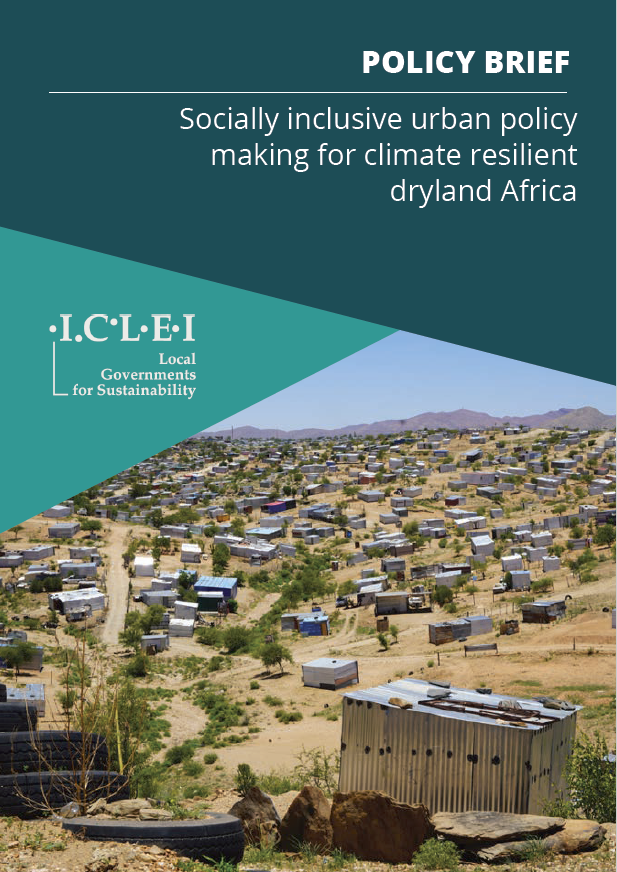In response to growing interrelated threats, many cities are engaging in more inclusive governance to increase their resilience and sustainability. A range of evidence now suggests that alternative models of knowledge production and decision-making are required for building good governance systems in cities, particularly in emerging economies in the Global South. At the forefront of these discussions are social inclusivity and innovation, key elements that should accompany resilient urban strategies and policymaking. Social innovations are new social practices that aim to meet social needs in a better way than the existing solutions.
This is particularly important for African cities, which account for more than a quarter of the world’s fastest growing cities, and where ‘by 2050, almost regardless of government policies, its urban population will have tripled. This population growth is occurring in an expansive form, resulting in higher rates of land use change than population growth rates alone might imply – with consequent social and ecological impacts. In this context, not only are informal settlements more likely to be in vulnerable parts of the city but residents are less likely to have access to basic services and infrastructure that can reduce climate-related risks like flooding and landslides. Residents are also likely to lack secure tenure, reducing their incentive to upgrade housing and invest in amenities. Yet, typically urban planning processes for climate change, typically, do not adequately incorporate informal community voices in the planning processes.
Policies will have little effect without the acceptance and understanding of the people directly affected by the changes. Similarly, city-level action to meet various international agreements for climate resilience will be impossible to meet without social inclusivity. To identify key scalable and replicable lessons, numerous interviews and conversations with different groups of stakeholders conducted under the “Peri-Urban Resilient Ecosystems” partnership have been compiled to inform the following ten practical recommendations which are a golden thread for any policy maker to follow when planning, developing and implementing inclusive urban climate policies. Key themes relate to democratic accountability, transparent and inclusive decision making, and community co-production.
